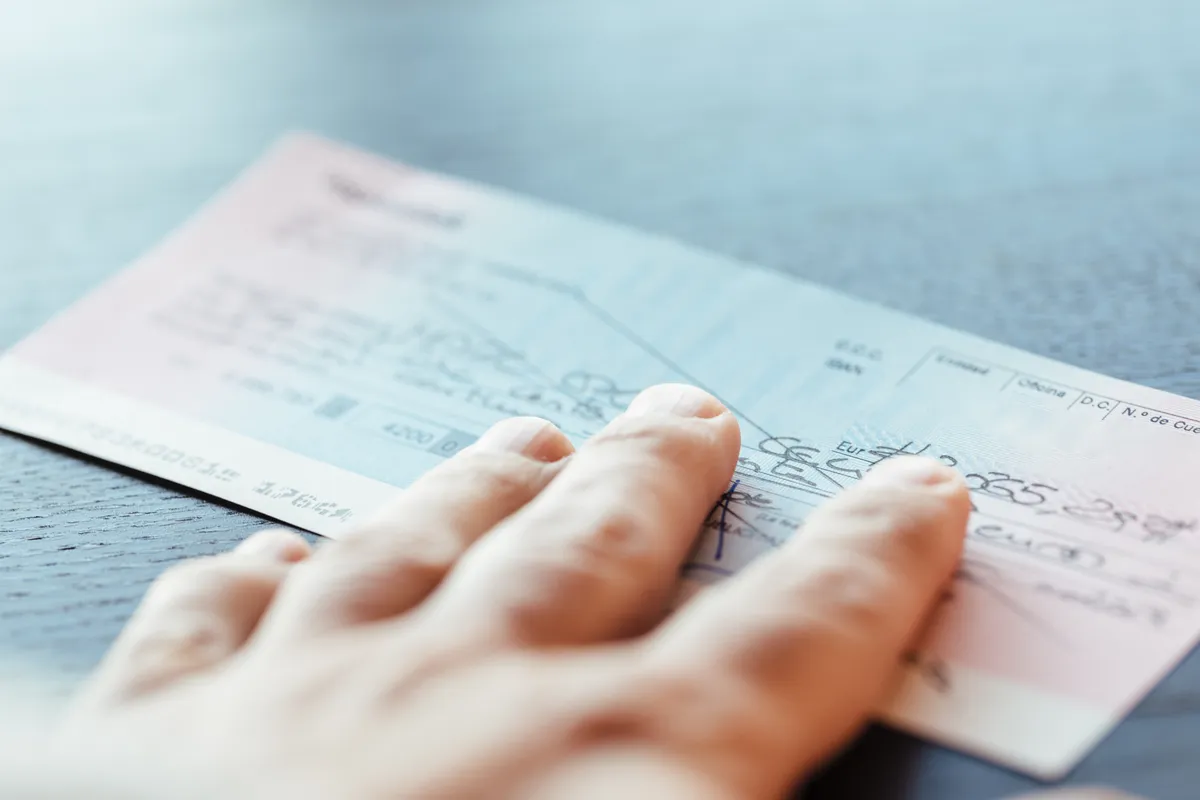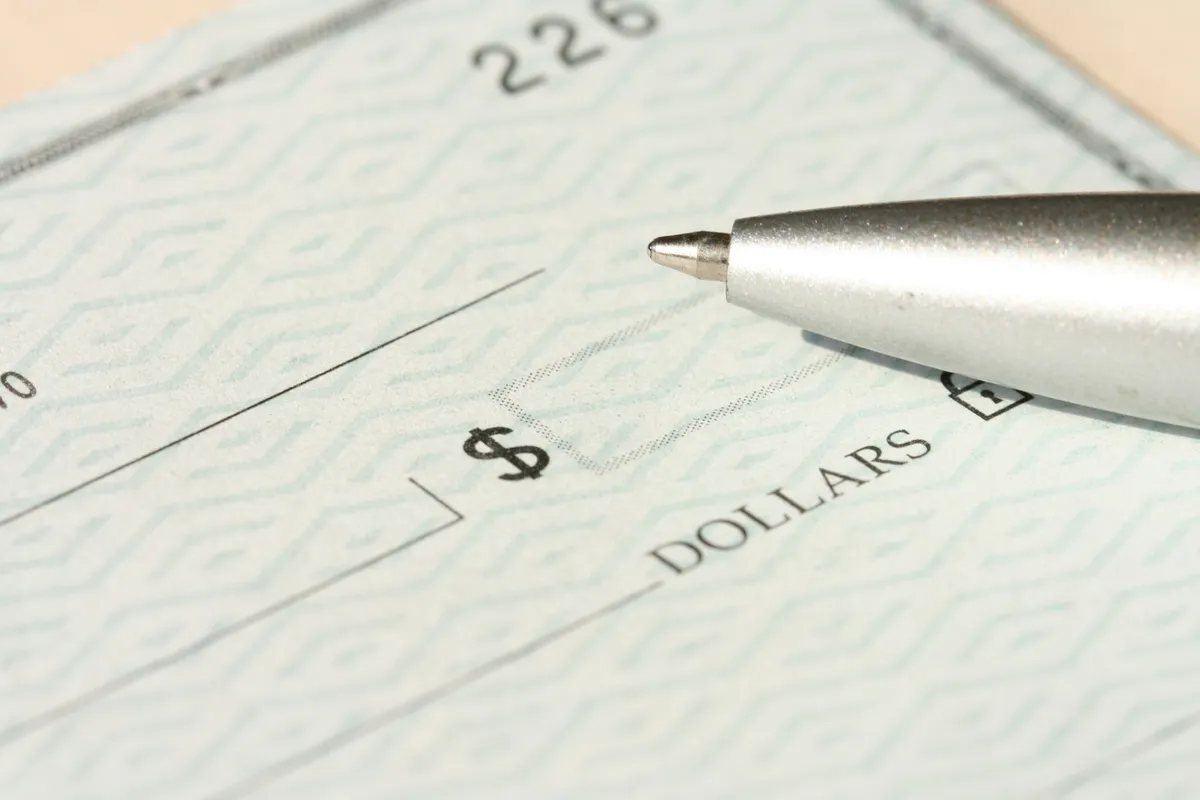7 min read time
Summary
If the client and attorney agreed on a contingency fee agreement, then the attorney will NOT be paid if they lose the client's case.
Table of Contents

Understanding Personal Injury Attorney Fee Structures
Personal injury lawyers can use multiple different types of fee structures, which can be confusing, but understanding the basics can help you make informed decisions and give you insight into what to do in the event that they lose your personal injury case.
Most personal injury lawyers utilize contingency fee agreements, in which the personal injury attorney is only paid if you win.
Types of Fee Agreements Used by Personal Injury Attorneys
Personal injury attorneys use several fee models, with the most common being:
- Contingency Fee Structure: You only pay legal fees if your personal injury claim is won.
- Hourly Fee Agreements: You're billed per hour of work.
- Flat Fee: The personal injury lawyer charges a fixed fee for a defined task.
- Hybrid: Mix of hourly and contingency.
These models show different fee arrangements and the way legal fees work for personal injury victims.
How Contingency Fees Work in a Personal Injury Claim
A contingency fee agreement means the personal injury lawyer's payment is tied to a successful outcome. If the personal injury case is lost, the attorney will not charge the client a fee, aligning their interests with the client's pursuit of compensation.
Typically, the agreed contingency fee percentage ranges from about one-third to two-thirds of the client's awarded settlement or verdict. Understand that contingency fees may increase if the case goes to trial, due to the added time and money the attorney must invest in the case.
Hourly Billing Explained
Hourly billing means a lawyer charges a set rate for each hour spent on a case. Clients often pay a retainer upfront, which the attorney charges as hours in the case increase, providing a clear record of the time spent.
The advantage is transparent legal cost tracking, but litigation can inflate fees. Clients should review the hourly rate, any staff charges, and court filing fees with their attorney to avoid surprises.
Flat Fee Arrangements
In some personal injury cases, attorneys offer a fixed amount that covers all work, from filing to settlement negotiations.
This eliminates hourly surprises and gives clients clear cost expectations. Clients should confirm what services are included with the fixed fee before signing.
Will Your Lawyer Get Paid Even If They Lose Your Case

When a case ends in a loss, the question of how attorneys, especially personal injury lawyers, are paid becomes complex.
The various fee arrangements, including contingent fee arrangements, determine whether a lawyer receives payment and how clients might still face costs even after a loss.
When Lawyers Get Paid Even If They Lose a Case
When a lawyer works on a contingency basis for a personal injury case, they only receive payment if they win the case for their client. If the case is lost, the attorney typically earns no fee, though some costs may still be deducted from a settlement.
However, if the client agreed to a flat-fee or hourly fee agreement, the client pays regardless of the outcome.
Retainer and Advance Fees
When a lawyer charges retainer fees or advance fees, that money is paid before the case begins.
Even if the case is lost, the attorney keeps the retainer because it covers time and expenses already incurred as part of the legal fees. Some contracts specify that unused portions of the retainer can be returned in the event of a loss, but most retainers are non-refundable.
Expenses and Costs a Client May Bear After a Loss
When a case ends in a loss, the client may still face administrative and court costs.
These expenses include filing fees, investigation expenses, and medical record retrieval charges.
Most law firms won't charge attorney fees under a contingency fee agreement, but the client must pay for these out-of-pocket expenses; a free case evaluation with your potential personal injury lawyer is always recommended to clarify the possible financial burden you may be left with in the event of a loss.
Client Responsibilities in the Event of a Loss
When a personal injury case does not result in a favorable outcome, clients often wonder about the legal responsibilities they still have.
Understanding these duties can help prepare for any necessary follow-up actions and avoid further legal troubles. Below, we outline key responsibilities that remain even after a loss.
Court Costs and Other Parties' Damages
When a personal injury lawsuit is lost, the client may be left with the responsibility of paying court costs, including filing fees, service charges, and court reporter fees. These expenses are separate from the attorney's legal fees and must be paid promptly, aside from the costs of legal representation.
Additionally, the client may be required to pay the other side's damages, which can be divided into compensatory amounts for medical bills, lost wages, and pain and suffering, as well as punitive damages, which are intended to punish wrongful conduct. The client must understand how these figures are calculated and documented within the legal process.
A loss for a personal injury victim can be a very expensive situation, which is why it's crucial to obtain quality legal representation from the Las Vegas car accident attorneys at the Rodney Okano Car Accident Lawyer Law Firm.
Our Las Vegas injury attorneys have over 20 years of experience and know how to win even the hardest of personal injury lawsuits.
Schedule a free consultation today with a Las Vegas personal injury lawyer from our law firm by calling (702) 566-3600.
Paying Unpaid Fees
When a client faces a loss, the law firm may still have incurred court filing fees, expert witness fees, or medical record request costs. The client should review the contingency fee agreement to confirm whether these expenses are refundable if the case is lost.
If the client is unable to pay the remaining costs, some law firms can propose a payment plan or negotiate a reduced settlement of the unpaid fees. As a client, open communication and documented fee agreements are essential to resolve any outstanding financial obligations with lawyers.
Alternatives to Traditional Attorney's Fees & Agreements
In the evolving legal landscape, clients and attorneys are exploring fee structures beyond the conventional hourly or contingency fee agreement models for personal injury law work.
These alternatives aim to strike a balance between cost predictability and fair compensation for personal injury legal services. By offering more flexible arrangements, personal injury law practices can better meet client needs while still obtaining fair pay for their work.
Hybrid and Unbundled Services
Hybrid fee arrangements combine a normal hourly rate with a smaller contingency fee arrangement for personal injury cases, offering clients lower upfront costs while aligning the lawyer's incentive with a successful outcome.
Unbundled representation lets clients hire legal services for specific legal tasks, like drafting documents or advising on strategy for a motor vehicle accident, while handling the rest themselves, reducing overall expenses.
Benefits of an unbundled fee arrangement include:
- Predictable initial costs, flat fee
- Flexibility to scale services, hourly rates
- Greater control over the budget and financial situation
Sliding Scale and Payment Plans
Sliding scale fees adjust based on a client's income, allowing low-income individuals to access legal help tailored to their financial situation.
While payment plans spread the total fee over a set period of time, giving clients the ability to pay in installments while the lawyer tracks progress and ensures the trust account is maintained as part of a retainer agreement, especially when preparing for court.
Factors That Can Affect Fee Agreements
When personal injury lawyers and clients negotiate a fee arrangement, whether it be an hourly fee agreement or a contingency fee basis agreement, several factors will shape the final agreement.
Personal injury lawyers often charge based on the complexity of the case, the potential recovery amount, and the anticipated costs, all of which determine whether a contingency fee arrangement, an hourly fee, or a flat fee structure is appropriate. Understanding these factors helps both parties set realistic expectations and avoid surprises down the road.
Case Complexity and Risk Assessment
Complex car accident cases require extensive research, multiple expert witnesses, and potentially even a discovery or trial period, which increases the time and resources a lawyer must spend on the case.
Because of these added costs that attorneys can incur in a complex case, they often set higher contingency fees or require larger retainer agreements to cover the anticipated workload.
Risk assessment also shapes fee agreements. If a lawyer takes on a case where the odds are against them, they may ask for a higher fee or outright decline representation altogether.
Attorney Experience and Reputation
Clients often assess an attorney's past verdicts and settlements to determine trustworthiness and experience. A lawyer who has consistently won high-value cases will most likely charge a higher contingency fee or may even decline taking a case in which they can't turn a substantial profit.
Tips for Clients Choosing a Lawyer
Choosing the right personal injury lawyer is a critical decision that can shape the outcome of your case.
Knowing key considerations and questions to ask your personal injury lawyer can help you make an informed decision.
Ask Questions About Fees and Loss Scenarios
A common question for personal injury lawyers is how they bill if you win or lose.
Also, confirm who pays litigation expenses and whether you might owe anything if the case fails. Inquire about the contingency agreement and its impact on billing.
During a free consultation with a potential personal injury lawyer, you should ask these key questions:
- What is your fee model (e.g., contingency fee, hourly fee, flat fees)?
- How do you handle administrative costs if I lose or if the attorney loses?
- Will I be responsible for the other party's legal fees if the lawyer takes them in a loss scenario?
Analyze the Written Attorney-Client Agreement
When you sign a personal injury lawyer's contract, take the time to read every clause about fees, expenses, and the conditions that trigger payment in the contingency agreement.
A clear written agreement protects you from surprise charges, explains whether you owe anything if the case is lost, and clarifies how lawyers charge for legal work.
Ask the attorney to point out any ambiguous language and confirm that the fee schedule, including hourly fees and flat fees, matches what you discussed. A well-drafted contract that you understand can give you confidence that the lawyers' interests align with yours and that you understand your financial responsibilities.
Obtain the Compensation You're Entitled To
Contact Us Today
Rodney Okano Car Accident Lawyer is a Las Vegas personal injury law firm with over 20 years of experience helping clients obtain maximum compensation following injuries from accidents such as car crashes, worksite injuries, and slips and falls. Over those years, The Rodney Okano Car Accident Lawyer Law Firm has become an experienced law firm that can ensure exceptional results for any of its clients.






